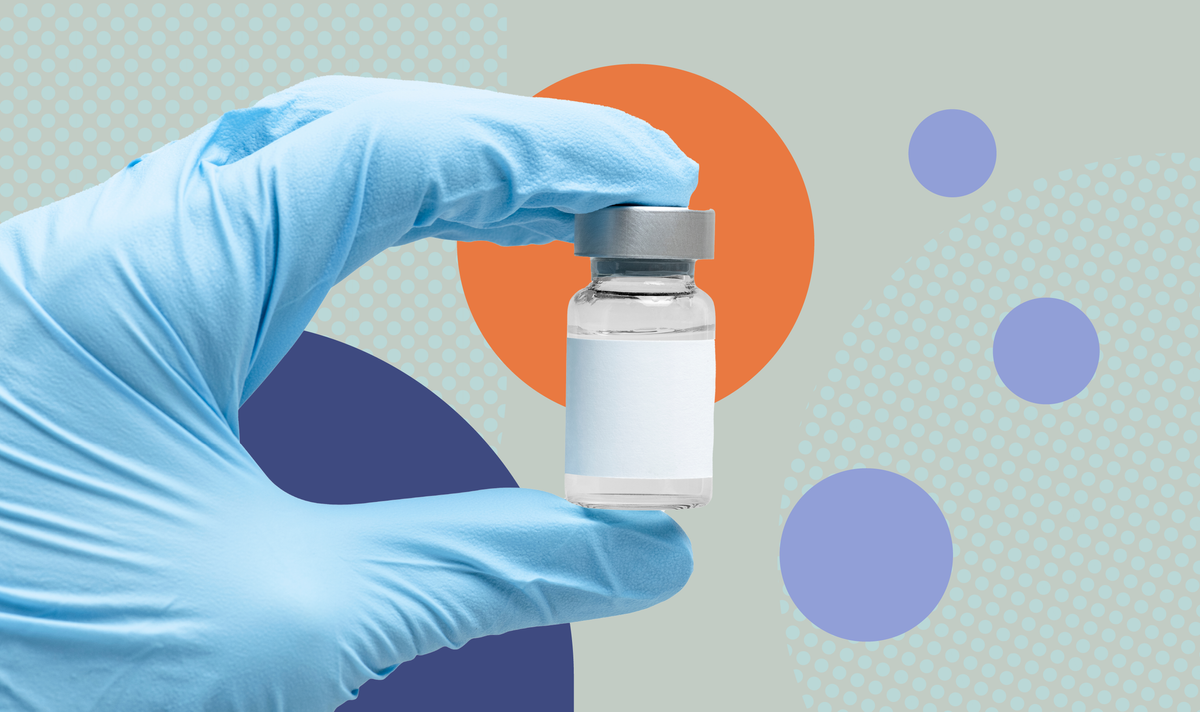Conversations reveal declining trust in doctors and vaccines
This week, a viral post promoted myths about HPV vaccines and social media users reacted to reports of changing COVID-19 vaccine guidelines.

This week, a viral post promoted myths about HPV vaccines and social media users reacted to reports of changing COVID-19 vaccine guidelines.
This week, signs of waning public confidence in vaccines and vaccine providers circulated across social media. A survey found that a growing portion of the public is opting to take health advice from loved ones and social media instead of their doctors, which some online blamed on doctors “pushing” vaccines on patients. Vaccine opponents also celebrated reports that HHS may soon end recommendations for pediatric COVID-19 vaccines. Meanwhile, an author’s social media post sparked a debate about the safety and necessity of HPV vaccines.

Insights brought to you by the reporters and science writers of Public Good News (PGN), a nonprofit newsroom dedicated to improving community health.
What’s trending in vaccine conversation:
An April 22 article reporting that HHS may remove COVID-19 vaccines from the recommended childhood immunization drew both criticism and praise online. An HHS spokesperson stated, “No final decision has been made.” Supporters celebrated the news online, claiming that pediatric COVID-19 vaccines are “worthless” and their removal from the schedule is “long overdue.” Many posts in English and Spanish falsely claim that COVID-19 vaccines damage children’s immune systems, make them more vulnerable to cancer, and increase mortality. Critics expressed concern that the removal may make COVID-19 vaccines less accessible and argued that people are downplaying the potential severity and long-term effects of COVID-19.
A recent survey found that trust in health care providers has declined in the last year across all age groups, particularly young adults. In response, several popular anti-vaccine accounts claimed on social media that people no longer trust doctors because they “push” vaccines on patients, and that COVID-19 vaccines destroyed the public’s trust in doctors and “conventional medicine.” Some posts repeated the myth that insurance companies bribe doctors to vaccinate their patients, while others compared doctors who recommend vaccines to those who promoted cigarettes in the 1940s. Meanwhile, Florida deferred a vote on a bill to prevent health care providers from turning away unvaccinated patients, which the state’s surgeon general supported. Supporters of the bill call it a victory for medical and parental freedoms.
In a widely circulated social media post, an author who claims she is not anti-vaccine promoted misleading information about HPV vaccination for children. The post, which was viewed over 10 million times, suggested that young children should not get the vaccine because it’s only for sexually transmitted diseases. Most of the top responses correctly noted that children should receive the vaccine before they are sexually active and at risk for contracting HPV. Others emphasized how widespread HPV is and explained why vaccination is the best protection against HPV-related cancers. However, many posts falsely claimed that HPV vaccines are unsafe, don’t prevent cancer, and encourage irresponsible sexual behaviors.
Read the fact checks:
- Children's Hospital of Philadelphia: Should My Child Get the COVID-19 Vaccine?
- American Academy of Pediatrics: All About the Recommended Immunization Schedules
- Public Good News: Everything you need to know about the HPV vaccine

Recommendations brought to you by the health communication experts behind Infodemiology.com.
Talking points for health care providers to use in response to trending narratives
Each week the Infodemiology.com team will provide talking points and supporting messages in response to some of the trending narratives outlined above. Health care providers can use this messaging when discussing vaccines online, talking to patients, or engaging with communities.
Vaccination is the best way to protect your child and teen against serious complications and long COVID.
- The CDC and the American Academy of Pediatrics recommend that children and teens get an updated COVID-19 vaccine to stay protected against the virus.
- COVID-19 vaccines are very safe. Millions of children worldwide have been safely vaccinated.
- Although young people are at lower risk from COVID-19, they can become seriously ill and develop long-term complications like long COVID. Unvaccinated children are 20 times more likely than vaccinated children to develop long COVID.
Your health care provider is the best source of health information for you and your family.
- Pediatricians recommend vaccines because they know they work and are the best way to keep their patients healthy.
- Vaccines protect children against diseases like measles and polio, which can cause a lifetime of serious health issues.
- Vaccines are only recommended for children after undergoing extensive safety testing.
Vaccination prevents over 90 percent of cancers caused by HPV, the leading cause of cervical and anal cancers.
- The HPV vaccine prevents multiple cancers, including cervical, vaginal, and anal cancer.
- In the last two decades, millions of children and adolescents worldwide have been vaccinated against HPV with no serious safety concerns.
- The HPV vaccine has dramatically decreased cervical cancer rates in many countries, including the U.S. The vaccine is so effective that several countries are on track to eliminate the disease within a decade.
- The CDC recommends that all children get two HPV vaccine doses at 11-12 years, although children as young as 9 can get the vaccine.
Interested in recommendations tailored to public health professionals? Click here.
